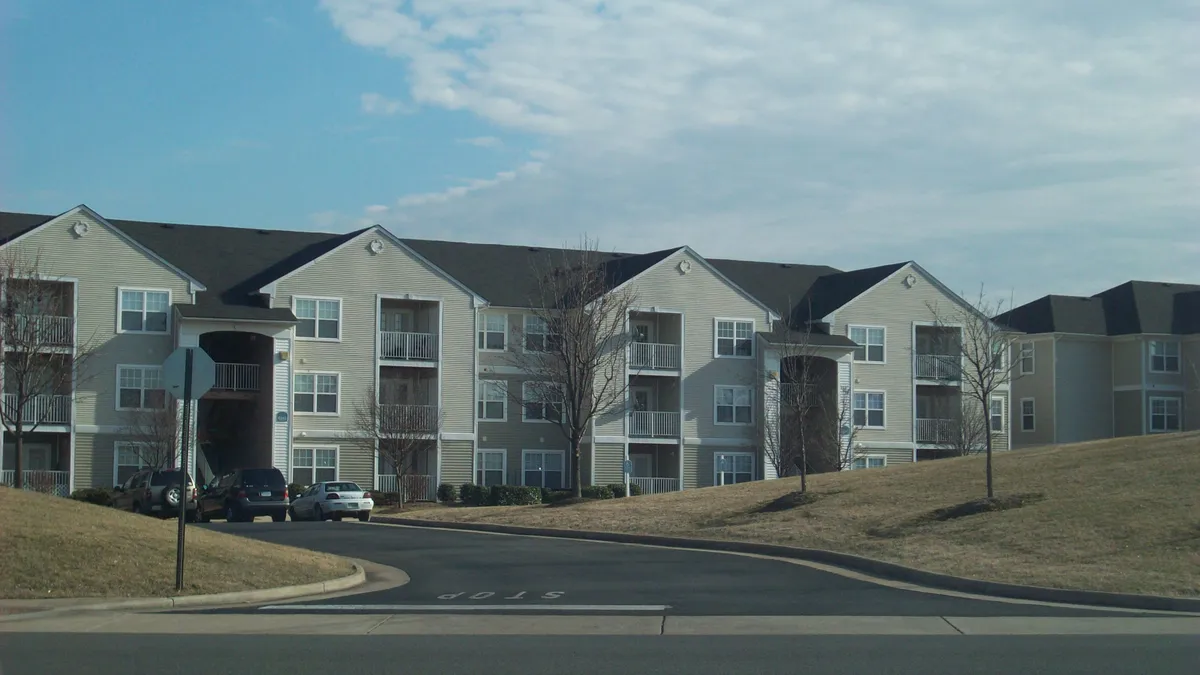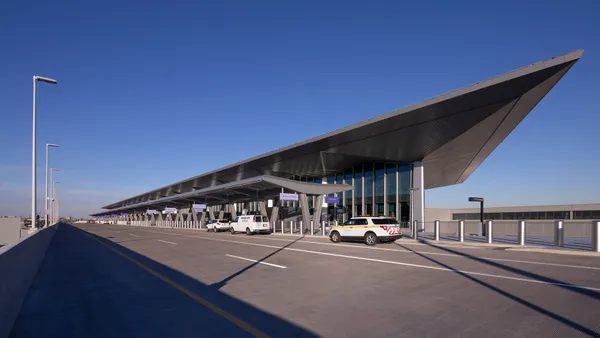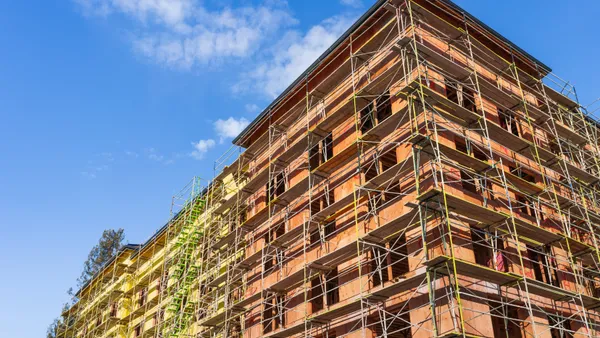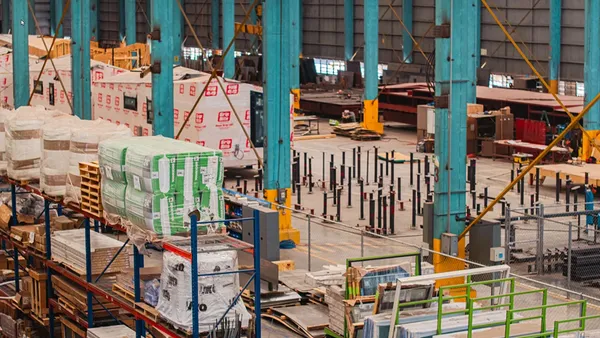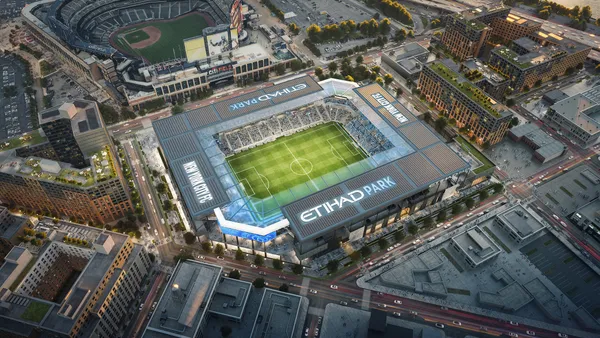Dive Brief:
- A National Multifamily Housing Council study found that apartments as a commercial asset class have consistently outperformed other property categories, including office, industrial and retail, during the last 30 years.
- The NMHC's findings hold up on both a risk-adjusted and unadjusted basis and regardless of holding period, geographic location, metro size, market competition and growth rate. The study authors noted that one reason apartment assets do so well is that investors in other property types often underestimate what the necessary capital expenditures for those other holdings will be. The NMHC also found that apartment returns were higher for those investors who purchased their properties immediately after a downturn.
- This is the first study funded by the NMHC Research Foundation, and council officials said they intend to undertake additional research to provide future benefit to those in the apartment market.
Dive Insight:
In the U.S., multifamily starts fell 26.1% from February to January after the segment saw a 25.6% increase from December to January, according to a Wells Fargo Construction report published by ForConstructionPros.com. A high number of multifamily deliveries since the beginning of the year has increased vacancy rates and pushed rental rates down somewhat. However, the outlook is still strong for apartment construction as the multifamily boom eases in major markets and makes its way to smaller markets.
One exception is New York City, which, GlobeSt.com reported, has the most apartment units under construction in the U.S. Because New York City's population grows by about 50,000 per year, the city hasn't seen falling vacancy rates. In fact, according to CoStar Group, New York City's vacancy rate typically stays between 2% and 4%.
On the flip side, in Portland, Oregon, applications to build new apartments have declined significantly, according to The Oregonian. Rising land and construction costs probably have something to do with that, but some local officials are looking at how the city's affordable housing laws might be playing a part as well.
Portland requires large developments to set aside affordable apartment or condo units, depending on the project. Because that ordinance has been enacted, developers of only 12 projects large enough to trigger the set-aside have applied for building permits. Those developments totaled 654 units, down from thousands in past years.


